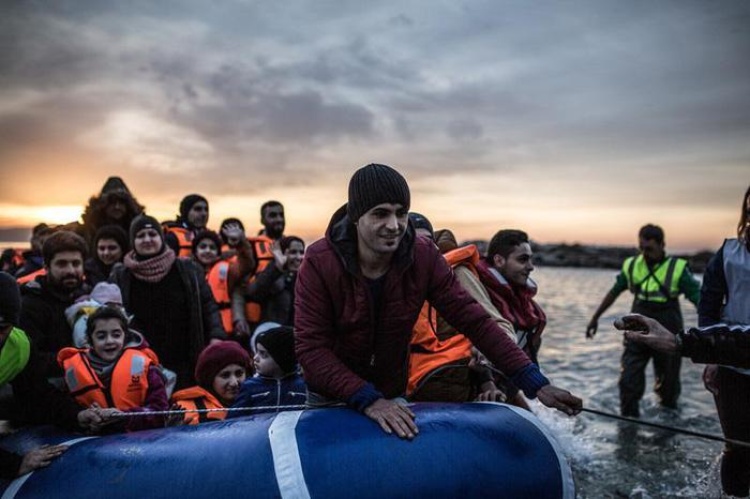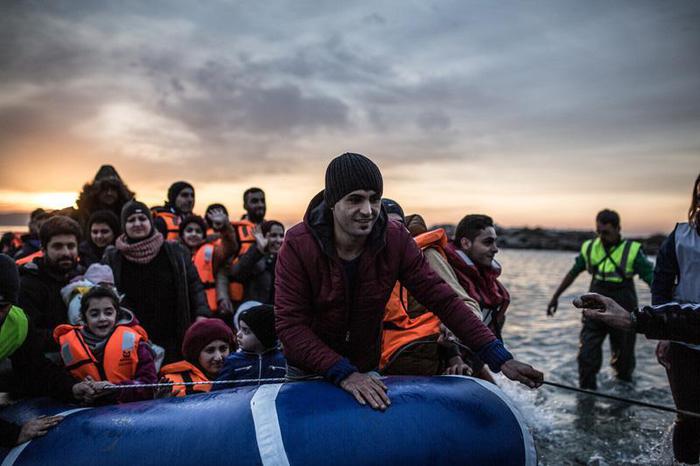According to ANSA, the draft outlines 11 rules for NGOs, including a ban on phoning to facilitate the departure of boats carrying migrants, the obligation to allow police officers aboard, and the requirement of a technical certification to carry out rescues.
Italian authorities said that those who refuse to sign the code of conduct may not be authorised to access Italian ports.
The first rule is the "absolute prohibition" of humanitarian ships entering Libyan waters, which can only be reached "if there is a clear danger for human life at sea".
The NGOs are also requested not to make phone calls or send flare signals to facilitate the departure and the embarkation of boats carrying migrants.
Among the other obligations is that of not transporting migrants on other ships, be they Italian or belonging to international organisations, except in an emergency situation.
The code also rules that NGO vessels will have to complete rescue operations by taking the migrants to a safe port.
NGOs are also ordered not to hinder search and rescue (SAR) operations by the Libyan Coast Guard, to make known the funding sources for their rescue activities, and to notify their flag-flying country of the maritime coordination central to the intervention, "so that this State is informed of the ship's activities and can assume responsibility, also for the purposes of maritime safety".
Italy's partners have provisionally agreed to the code of conduct as part of efforts to share the burden of the central Mediterranean migrant emergency.
However, Amnesty International and Human Rights Watch, which received a leaked draft of the Italian document, warned that the proposals could have a disastrous impact on the NGO missions.
"Attempts to restrict NGO search and rescue operations risk endangering thousands of lives by limiting rescue boats from accessing the perilous waters near Libya," Iverna McGowan, a senior director with Amnesty International, said.
With ANSA/Reuters












